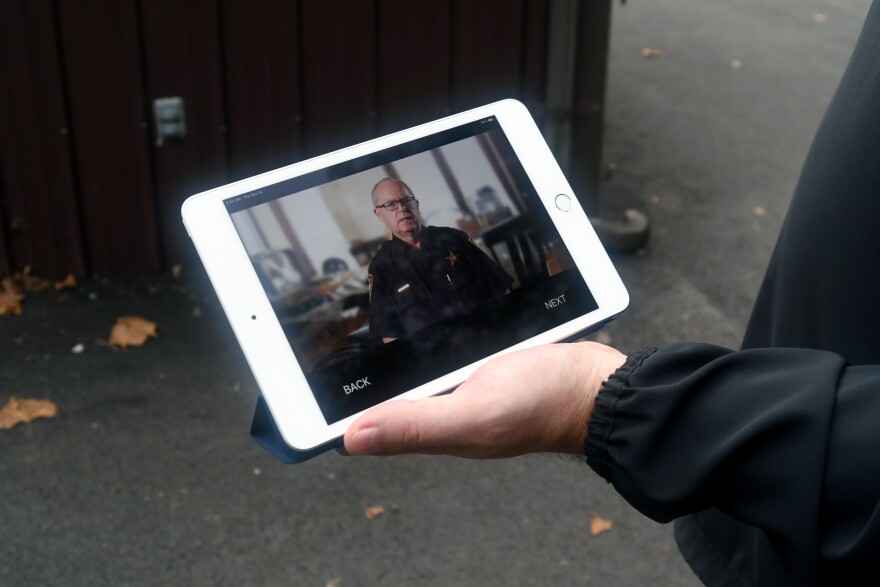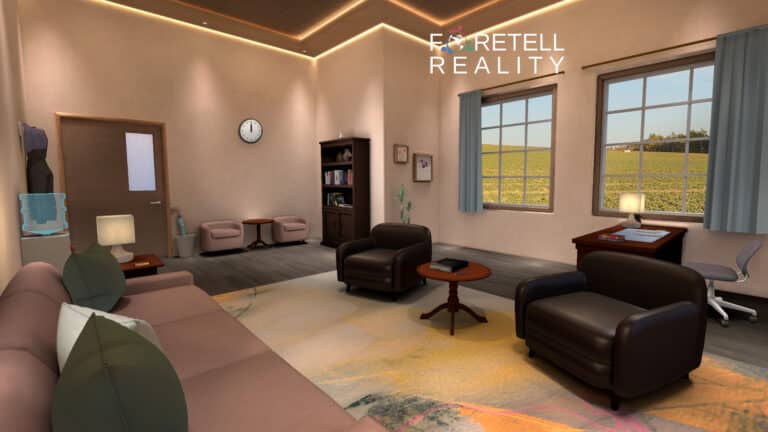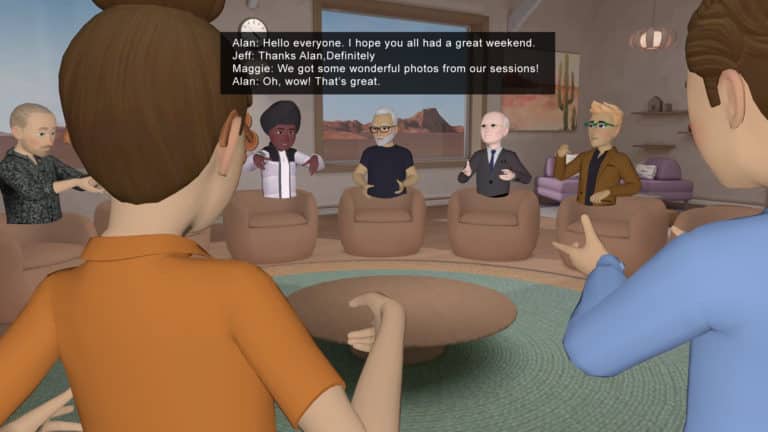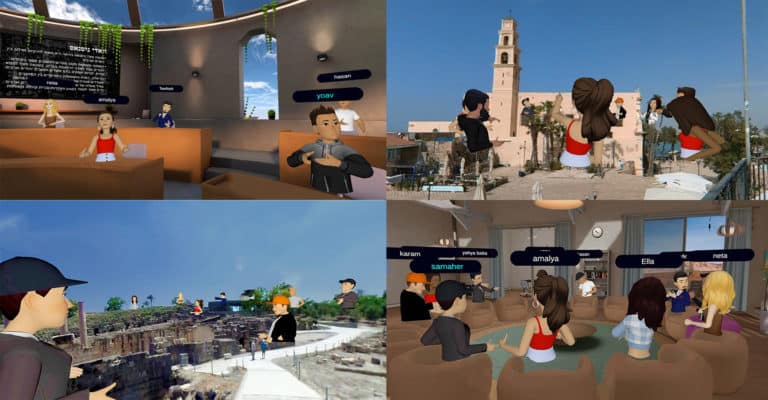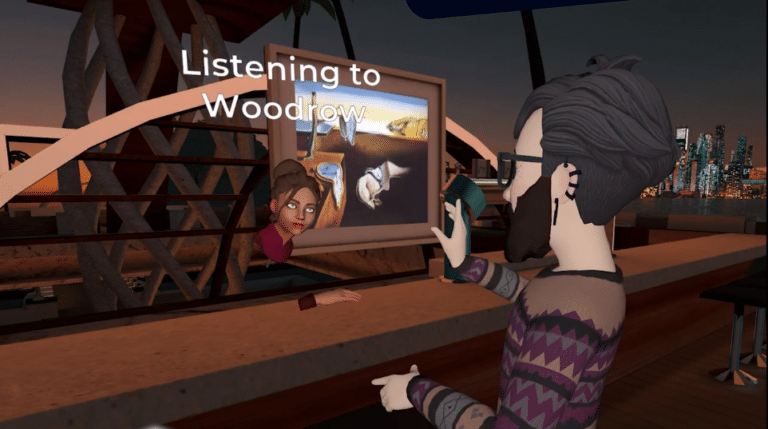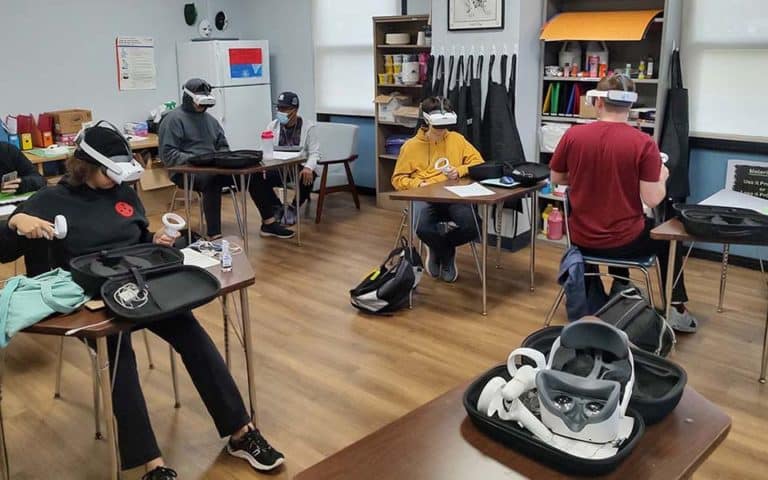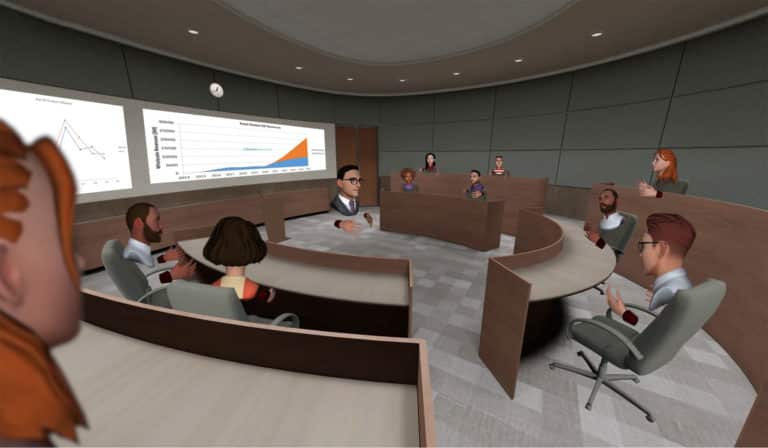Soft skills have commonly been overlooked in a society that values technical skills, or “hard skills.” Hard skills are more easily measured and therefore often the sole criteria for landing a job. So, the saying goes “hard skills get you hired, but a lack of soft skills will get you fired.” With a changing job market and a rise in social consciousness, employers are increasingly seeking out employees with strong soft skills – disturbed by the lack of communication and critical thinking skills within their current teams. Soft skills are applicable to every profession and give way to more meaningful interactions with co-workers. Let’s dive into a couple of the fields that have utilized Virtual Reality (VR) to strengthen soft skills.
As a police officer, you can expect to face a variety of hard-to-navigate situations over the course of your career. No amount of training can prepare you for high-risk environments involving adrenaline and the requirement to respond quickly. It all comes down to reflexes. The only problem is you can’t train your reflexes; they occur without conscious thought. What you can do is strengthen your soft skills: conflict resolution, communication, negotiation, self-control, empathy, patience, and active listening. The Athens County Sheriff’s Department is among the first of law enforcement agencies who have come to this realization, implementing VR soft skills training into their annual in-service this past fall. Rather than preparing for physical altercations or target practice, officers used VR headsets to immerse themselves in high-risk scenarios, strengthening their soft skills and giving them the tools to de-escalate situations in future encounters. By experiencing multiple different conflicts commonly encountered in the field, officers learned to avoid physical confrontation unless absolutely necessary. One scenario depicted a person in a mental health crisis, threatening self-harm. Officers were given the opportunity to analyze the situation and use soft skills to mitigate any rash decisions from the involved parties, preparing them to respond more accordingly when a similar scenario happens in real life.
Soft skills are often overlooked in career planning as well. Sandwell College, located in England, is among the first of higher education systems to acknowledge the significant absence of curriculum to train and develop the intangibles. Ben Haddock, Emerging Technologies Demonstrator, mentions: “There are a lot of things students aren’t taught about at school. Things like posture, body language, and eye contact. Employers expect work-ready job candidates and there is mounting pressure on institutions to make social skills training part of the curriculum.” The first step in solving a problem is to recognize that it does exist. Thus, the University has implemented VR technology that allows their students to record mock interviews, then switch avatars to analyze the behavior and composure that they need to improve upon. Students can become aware of their nervous ticks and shortcomings, then find ways to avoid them in future interviews. Bridgette Bennett, Head of the Professions and Innovations Academy at Sandwell, remarks: “We’re seeing confident students now going off to interviews and getting the jobs.” This comes as no surprise, considering that 84% of students reported higher confidence levels when going into ‘real life’ interviews. The trick is to observe yourself – a simple concept that would be difficult without the help of virtual reality.
Social Work is another great use case for virtual reality and one that has been recently piloted at Michigan State University. Because of the different environmental variations, trainees can experience important simulations that would otherwise be difficult to recreate – walking through a neighborhood, approaching and entering a home, and interviewing a family member. If students are able to prepare for tough situations before they enter the field, they’ll be much more equipped for the real thing. By having the opportunity to re-watch these encounters, students will also notice their mistakes or unconscious bias, making it easier to correct in future simulations. Social work is a stressful, emotionally taxing profession, but by using experiential learning tools such as VR, trainees can experience these challenges and not have to worry about making a mistake or saying the wrong thing. The beauty of VR is that you can repeatedly immerse yourself in an environment until you perfect your response.
There are various methods and approaches for soft skills training in VR. Fully immersive 360 video scenarios from different view points and role play through avatars are two powerful tools but the real power comes from the imagination of instructional designers and educators who employ these tools to make a difference in the real world.
Foretell Reality is a VR platform for soft skills development. We work with educators, coaches, and instructional designers to continuously develop tools and features that support various curriculum and teaching approaches.


